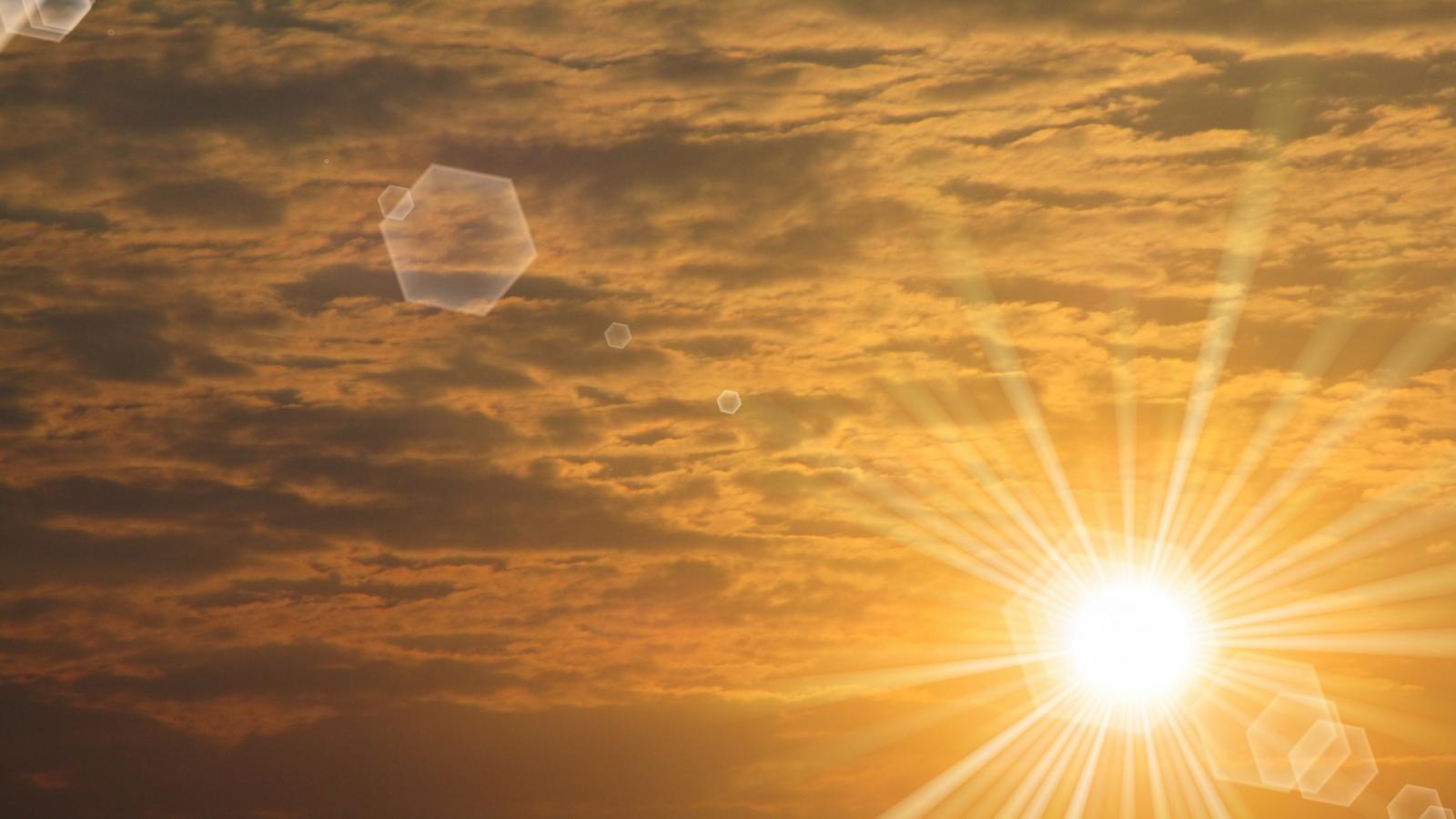According to rabbinic calculations, once every 28 years, on the same day of the week and at the same hour of the day, the sun returns to the position where it was when it was first created. At this auspicious moment, the rabbis legislated, it is a mitzvah to take part in a Birkat Hahammah (Blessing of the Sun) ceremony.
The Talmud states: “He who sees the sun at its tekufah (season) should say, ‘Blessed be the Maker of Creation’ (barukh oseh bereishit).” Abaye explains that the tekufah of the sun occurs “Every 28 years when the cycle is repeated and Tekufat Nisan falls in Saturn on the evening of Tuesday, going into Wednesday.” (Berakhot 59b)
Tekufat Nisan refers to the vernal equinox, which is the exact time when spring begins. At the vernal equinox, the night and day are exactly the same length, with night beginning at 6:00 PM and day beginning at 6:00 AM.
Abaye’s Reasoning
But why does this recur only every 28 years? Dr. Daniel Lasker, of the Goldstein-Goren Department of Jewish Thought at Ben-Gurion University, explains the math on the Seforim blog:
With your help, My Jewish Learning can provide endless opportunities for learning, connection and discovery.
The assumption shared by many in the ancient world was that the solar year was exactly 365 1/4 days long. On the basis of this calculation, the tekufot (equinoxes and solstices) progress each year by one day and six hours (365 1/4 days is 52 weeks, one day, and six hours). If the first vernal equinox was on Tuesday night at 6:00 PM, the next one was Wednesday night at midnight; the next one was Friday morning at 6:00 AM; then Saturday at noon; Sunday night at 6:00 PM, and so forth.
By this logic, it took 28 years after the year of creation for the vernal equinox to fall again on Tuesday night at 6:00 PM. And then it continued to recur every 28 years. On the 14th of Nisan, 5769 (the evening of April 7, 2009) the vernal equinox will be at 6:00 PM on Tuesday for the 207th time.
Modern Science
Lasker points out that Abaye’s ruling is based on some problematic assumptions: “The Bible gives no indication that the sun was created on the equinox (either vernal or autumnal), or that it was created at 6:00 PM on Tuesday night (after all, before the creation of the sun, there was no 6:00 PM). But most significantly of all, the year is not exactly 365 1/4 days long.”
Based on all we know today about astronomy and the natural world, Lasker explains, “the Jewish world is blessing the sun as it returns to its original time at the vernal equinox on a date which has nothing to do with the true vernal equinox (which is this year on March 20, 11:44 UTC (Coordinated Universal Time).”
An Enduring Tradition
But Jewish traditions have been known to survive even when they are scientifically dubious, and this is no exception. Jews continue to recite Birkat Hahammah every 28 years, according to Abaye’s calculation.
The blessing is recited on the morning after that special 6:00 PM occurrence, when the sun is visible. The exact text is:
בָּרוּךְ אַתָּה יהוה אֱלהֵינוּ מֶלֶך-הָעולָם
עושֵׂה מַעֲשֵׂה בְרֵאשִׁית
Barukh atah Adonai Eloheinu melekh ha’olam oseh ma’aseh bereishit.
Blessed are You, Lord our God, Ruler of the universe, who affects the work of creation.
Today, some communities perform an expanded service based on the Mishnah Berurah, which reported on an 1813 celebration of Birkat Hahammah of R. Moses Sofer, the Hatam Sofer. The service consists of Psalm 148, Birkat Hahammah, El Adon (a song from the Shabbat morning service), Psalm 19, Aleinu, and Kaddish. Sometimes other selections from Psalms or other liturgical poetry are included.
Ritualwell has information for contemporary Birkhat Hahammah celebrations, including ideas about how to make the year of Birkat Hahammah a year of heightened environmental awareness.
Birkat Hahammah is one of the least frequently practiced Jewish rituals. In 1981, my mother was 9 months pregnant when she participated in this ritual. I was born one week later. On April 8, 2009 I blessed the sun in similar fashion, with my new baby daughter in tow. Who knows where we’ll all be in 2037?
Adonai
Pronounced: ah-doe-NYE, Origin: Hebrew, a name for God.
mitzvah
Pronounced: MITZ-vuh or meetz-VAH, Origin: Hebrew, commandment, also used to mean good deed.
Nisan
Pronounced: nee-SAHN, Origin: Hebrew, Jewish month, usually coinciding with March-April.
Shabbat
Pronounced: shuh-BAHT or shah-BAHT, Origin: Hebrew, the Sabbath, from sundown Friday to sundown Saturday.
Talmud
Pronounced: TALL-mud, Origin: Hebrew, the set of teachings and commentaries on the Torah that form the basis for Jewish law. Comprised of the Mishnah and the Gemara, it contains the opinions of thousands of rabbis from different periods in Jewish history.



